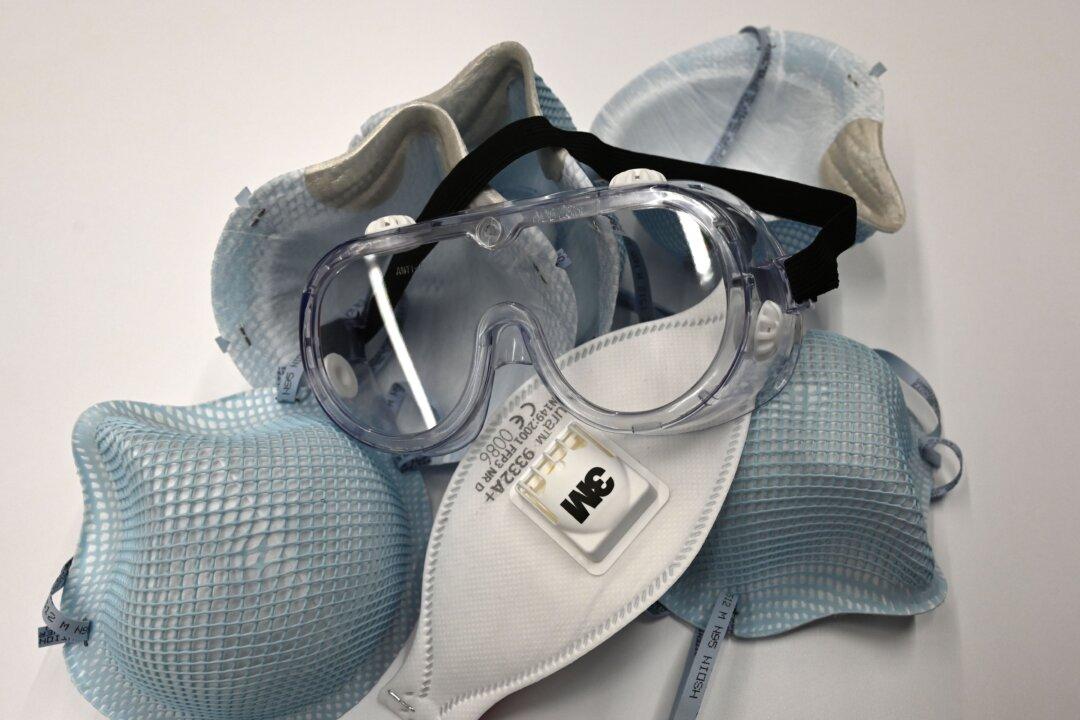Commentary
The Chinese regime stunned the world this year with its gross misconduct and concealment of critical facts that led to the emergence and spread of COVID-19. Beijing’s stonewalling efforts directly resulted in the rapid spread of the novel coronavirus, the collapse of regional economies, and the inability of countries to prepare for and respond effectively to the outbreak. Even more concerning, as countries struggled to grapple with the burden of the virus, the regime used its medicinal monopoly as a tool to shut down dissent against its dangerous behavior.

